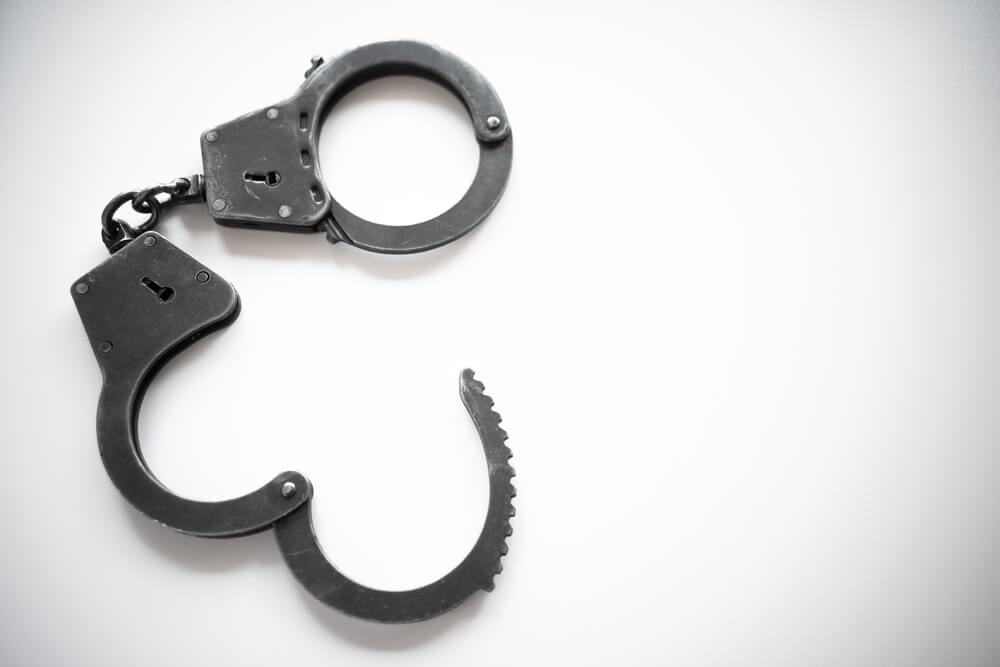Office Location
608 West 12th Street, Suite B Austin, TX 78701
legalassistant@wm-attorneys.com
Being released on your own recognizance (OR) in Texas means being released from jail without having to post bail, with a written promise to appear in court for all upcoming proceedings.
That’s why you should contact a criminal defense lawyer to ensure you receive the defense you deserve, especially if you’re facing charges for the first time.
Here are some key things to know about being released via OR in Texas.
OR allows a defendant to be released without posting a cash bond while their criminal case proceeds. They are released based on a promise that they will show up for the required court appearances, as legally agreed.
Judges have the discretion to allow a personal recognizance release if they think the defendant is likely to appear as required without imposing monetary bail. Factors considered include ties to the community, work/family obligations, and the seriousness of the alleged offense.
Personal recognizance is often reserved for those accused of less serious nonviolent crimes who don’t pose an obvious public safety risk. For example, if you steal a traffic cone and get caught and do not have a prior arrest, you may get released on your own recognizance.
Those accused of violent felonies or those who have a history of failing to appear normally post bail or pay for a bond to get out of jail while awaiting trial.
Conditions may still be imposed, like electronic monitoring, curfews, no contact orders, counseling requirements, or drug testing. Breaking the conditions can lead to a revocation of the OR bail provision agreement.
If the defendant fails to appear in court as scheduled, a warrant may be issued for their arrest and the OR bail requirement may be revoked, requiring posting of a bail bond instead. Additional charges for bail jumping may be added.
So, OR is basically bail but you don’t have to pay the bail. When you’re a defendant in a criminal case and are released on your own recognizance, you must promise, in writing, that you’ll appear in court on the scheduled court date.
While you don’t have to pay a bail amount for OR, all other aspects of the court proceedings are the same. The judge usually sets conditions for the release, as they would for a defendant who has to post bail.
In the meantime or before your scheduled court date, you may have to:
Again, if you’re not considered a flight risk or a danger to the community, your chances of an OR release is greater. The judge may allow a release on your own recognizance, based on the following factors:
In many jurisdictions in Texas, OR officers or pretrial officers help judges decide if a defendant can receive this privilege.
So in essence, OR allows release without bail based on a defendant’s written assurance that they will appear for their court dates often with supplemental release conditions of which they must comply. Breaking those conditions or failing to appear can result in being jailed until trial.
Have you been charged with a criminal offense? If so, you need to retain legal services immediately. Contact David D. White, PLLC about your case today.
You may have heard of a crime of passion but wonder how it impacts people in the legal sense. In the state of Texas, the distinction between a crime of passion and murder is extremely important. That’s why ...
The State of Texas divides criminal offenses into felonies and misdemeanors, with felonies being the more serious charges. Although Class C misdemeanors are less-serious criminal offenses, they can still garner pe...
Facing a federal criminal charge will mean that you are subject to federal sentencing rules. The federal criminal court process has a reputation for being quite strict, with certain kinds of offenses resulting in ...
608 West 12th Street, Suite B Austin, TX 78701
legalassistant@wm-attorneys.com